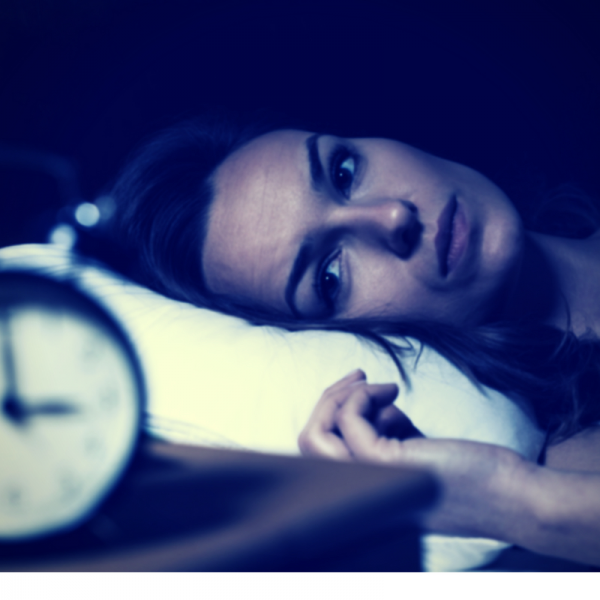Treatment for insomnia may involve nonmedical therapy, such as developing better sleep habits or psychotherapy, and sometimes medications.
If a medical condition like diabetes or menopause is causing you insomnia, treating those conditions may help.
Short-term insomnia, often caused by travel or stress, usually improves once the stress is removed or after your body has adjusted to the new schedule. Chronic insomnia, which disrupts sleep for extended periods of time, may call for a thorough physical exam. It is most important to treat any problem that is producing insomnia symptoms. Just treating insomnia symptoms without dealing with the main cause will not be helpful.
Things to avoid before bed:
- Drinking too many liquids.
- Alcohol.
- Big evening meals.
- Caffeine.
Fighting insomnia with a better sleep environment and routine:
- Make sure your bedroom is quiet, dark and cool.
- Stick to a regular sleep schedule.
- Turn off all screens at least an hour before bed.
- Avoid stimulating activity and a stressful situations before bedtime.
- Avoid naps.
There are pshychological and behavioral techniques that can be helpful for treating insomnia. Relaxation training, stimulus control, sleep restriction and cognitive behavioral therapy are some examples.
Relaxation training, or progressive muscle relaxation, teaches the person to systematically tense and relax muscles in different areas of the body. This helps to calm the body and induce sleep.
Other relaxation techniques that help many people sleep involve breathing exercises, mindfulness, meditation techniques, and guided imaginery. They can work to help you fall asleep and also return to sleep in the middle of the night.
Stimulus control helps to build an association between the bedroom and sleep by limiting the type of activities allowed in the bedroom. An example of stimulus control is going to bed only when you are sleepy and geting out of bed if you've been awake for 20 minutes or more. This helps to break an unhealthy association between the bedroom and wakefulness. Sleep restriction involves a strict schedule of bedtimes and wake times and limits time in bed to only when a person is sleeping.
Cognitive behavioral therapy ( CBT) works to challenge unhealthy beliefs and fears around sleep and teach rational, positive thinking. There is a good amount of research supporting the use of CBT for insomnia.
There are many different types of sleep aids for insomnia.
Major classes of prescription insomnia medications include benzodiazepine hypnotics, non-benzodiazepine hypnotics and melatonin receptor agonists.


Comments
Leave your comment